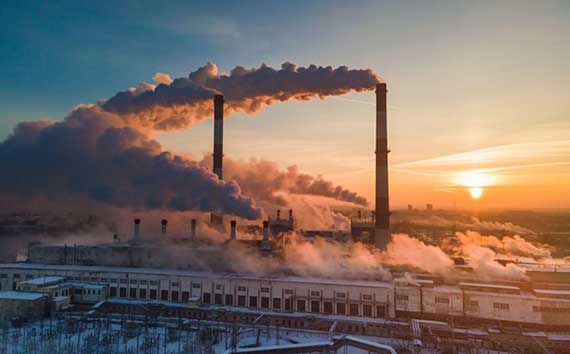- The reliance on chemicals and fossil fuels in factories has resulted in increased air and water pollution, threatening marine life and reducing biodiversity. Moreover, coal burning has contributed to the rise of acid rain.
The Industrial Revolution, which dates back to the 18th century, has had a profound impact on the environment, often to its detriment. This pivotal era marked the shift from agrarian economies to industrialized societies reliant on machine manufacturing.
As the revolution gradually spread across the globe, it resulted in significant changes in living standards, urbanization, and economic structures. One of the positive aspects of this transformation was the mass production of food and services. Without the innovations brought about by the Industrial Revolution, the human population would have struggled to survive, as the growth curve would have outpaced food production.
However, the Industrial Revolution also served as a catalyst for environmental pollution. The expansion of civilization often came at the cost of nature; to make room for industrialization, vast tracts of land had to be cleared, leading to deforestation and habitat loss. This has fostered a pervasive belief that success in industry necessitates the sacrifice of environmental health—that one cannot thrive without the other suffering.
Yet, it is crucial to recognize that it is possible to achieve industrial growth while improving climate conditions. Human activities, including agriculture, livestock management, and manufacturing, require energy, which can lead to greenhouse gas emissions.
The reliance on chemicals and fossil fuels in factories has resulted in increased air and water pollution, threatening marine life and reducing biodiversity. Moreover, coal burning has contributed to the rise of acid rain.
Read More
In the pursuit of sustainable development, transitioning from fossil fuel-based energy sources to low-carbon alternatives is essential. This shift can sustain, or even elevate, production levels while significantly reducing emissions.
Most industries require substantial power to operate. Therefore, exploring alternative energy sources is vital for environmental sustainability. Every industry should aim for a self-sufficient supply of renewable energy, such as solar and wind power, while also adopting energy-efficient practices, including advanced lighting solutions.







